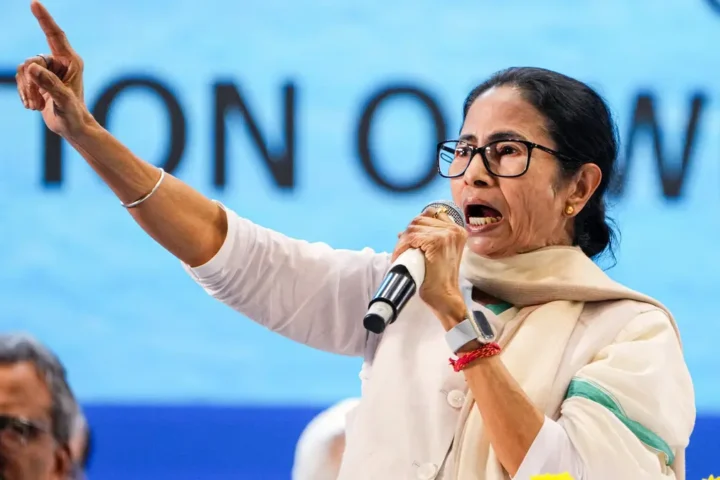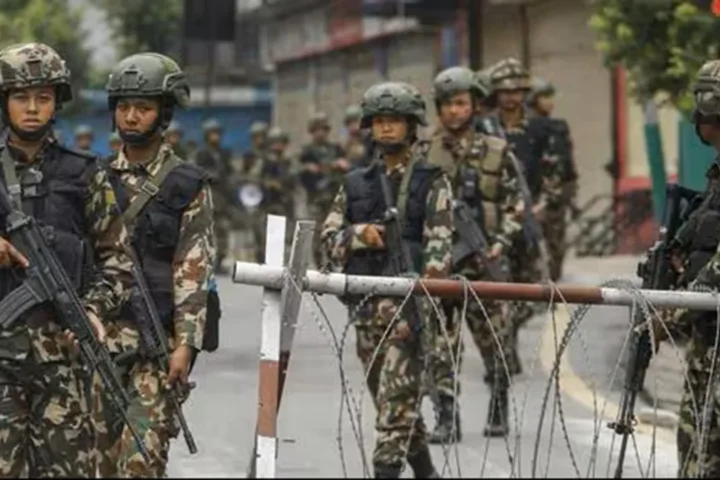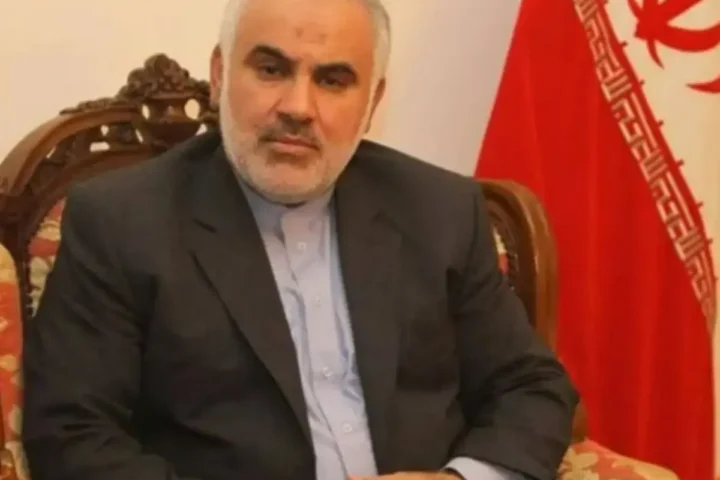In a powerful courtroom exchange, the Supreme Court of India grilled the Centre over controversial changes made in the Waqf (Amendment) Act, 2025—specifically, the decision to allow non-Muslim members to be nominated to Waqf Boards and the Central Waqf Council.
The Flashpoint: Inclusion of Non-Muslims in Waqf Bodies
The Central government’s justification triggered a sharp rebuke from the bench. Appearing for the Centre, Solicitor General Tushar Mehta argued that if non-Muslims cannot be part of Waqf boards, then, by the same logic, Hindu judges shouldn’t be allowed to hear Waqf-related cases either.
That line of reasoning didn’t sit well with the bench led by Chief Justice of India Sanjiv Khanna, who immediately drew a strong line:
“When we sit on the bench, we lose our religion. We are absolutely secular. For us, one side or the other is the same.”
He further asked the government to clarify its stance directly:
“Are you suggesting that minorities should also be appointed to boards managing Hindu religious institutions? If that’s your position, say it openly.”
What the Waqf Amendment Act 2025 Says
The new law, passed earlier this year, introduced two key provisions that have become the focus of constitutional scrutiny:
- Inclusion of non-Muslims as nominated members in Waqf boards and councils
- Power to denotify properties already declared as Waqf by courts
The court raised concerns over both, hinting that such provisions could undermine the religious and functional autonomy of the Waqf system in India.
Interesting Read
What the Court May Do Next
The Supreme Court has proposed to put a stay on these provisions, but the Centre is resisting the move, urging for a detailed and full hearing before any interim relief is granted.
The case is likely to evolve into a defining moment in the interpretation of secularism, minority rights, and judicial neutrality in India.







